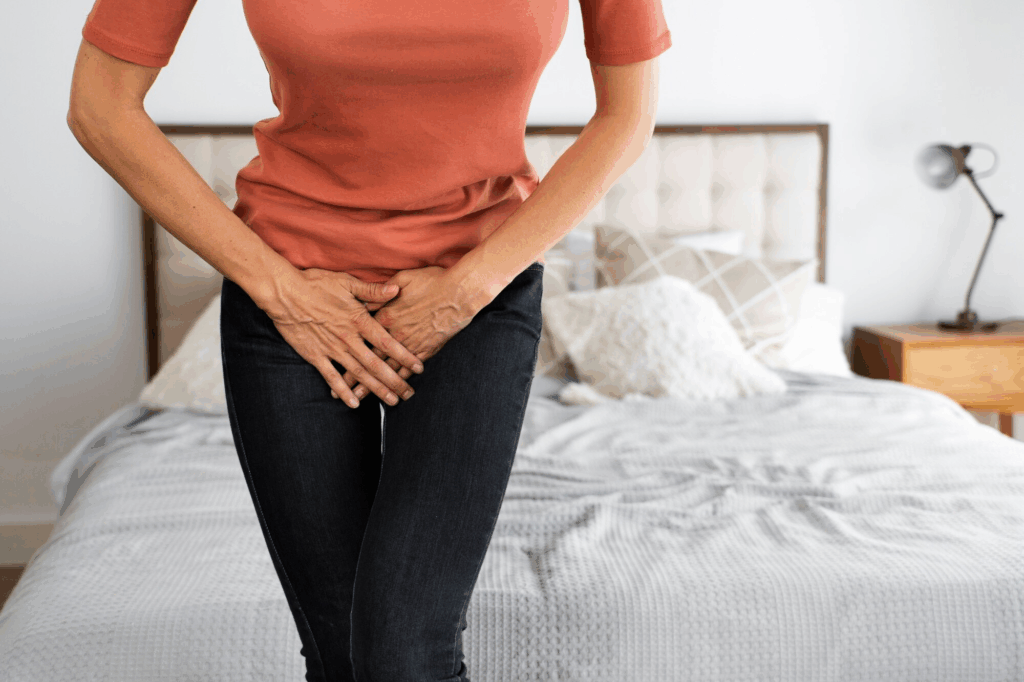The proliferation of cells that starts in the anal canal, which lies at the end of the rectum, is known as anal cancer.
Symptoms may include anal soreness, itching, bleeding, and blood in the stool. It can occasionally result in a growth or lump and is occasionally confused with haemorrhoids.
According to a new study that was presented during Digestive Disease Week, the number of anal cancer cases rose by 1.6 percent for men and 2.9 percent for women between 2017 and 2021.
“Rates of anal cancer are rising fastest among white and Hispanic women over 65 – groups not traditionally considered high risk,” said lead author Dr Ashley Robinson, a second-year internal medicine resident at Advocate Lutheran General Hospital.

Who’s most at risk of anal cancer?
The study found that the largest increase, 4.3%, has been experienced by women over 65.
At the same time, Hispanic women in the same age range increased by 1.7 percent annually.
Scientists estimate that in less than 17 years, the number of anal cancer cases in women over 65 might treble if this trend persists.
Although the cause of the increase is unknown, Dr. Robinson thinks it might be related to the HPV vaccine, which, despite being widely accessible today, may not have been advised for women over 65.
HPV infections are connected to anal cancer, and the virus is responsible for the majority of malignancies.

In 2006, the vaccine was first made available in the United States.
It lowers your risk of contracting HPV, which is typically contracted during intercourse and is spread through skin-to-skin contact.
Cervical, oral, anal, penile, vulval, and vaginal cancers are among the cancers associated with certain forms of HPV.
The CDC advises youths up to age 26 to have the vaccination, preferably prior to engaging in sexual activity.
This is because if a person has previously been exposed, the benefits of the jab may be diminished.
Children between the ages of 12 and 13 in the UK are eligible for vaccinations.
“It’s crucial that we promote HPV vaccination as a key tool for preventing anal cancer, while also keeping health care providers informed as screening guidelines evolve,” Dr Robinson said.
“These findings highlight specific patient groups who may benefit from targeted screening for anal HPV and anal cancer.”
Although older women are not already checked for anal cancer, the study’s findings indicate that this could be advantageous.
![]()